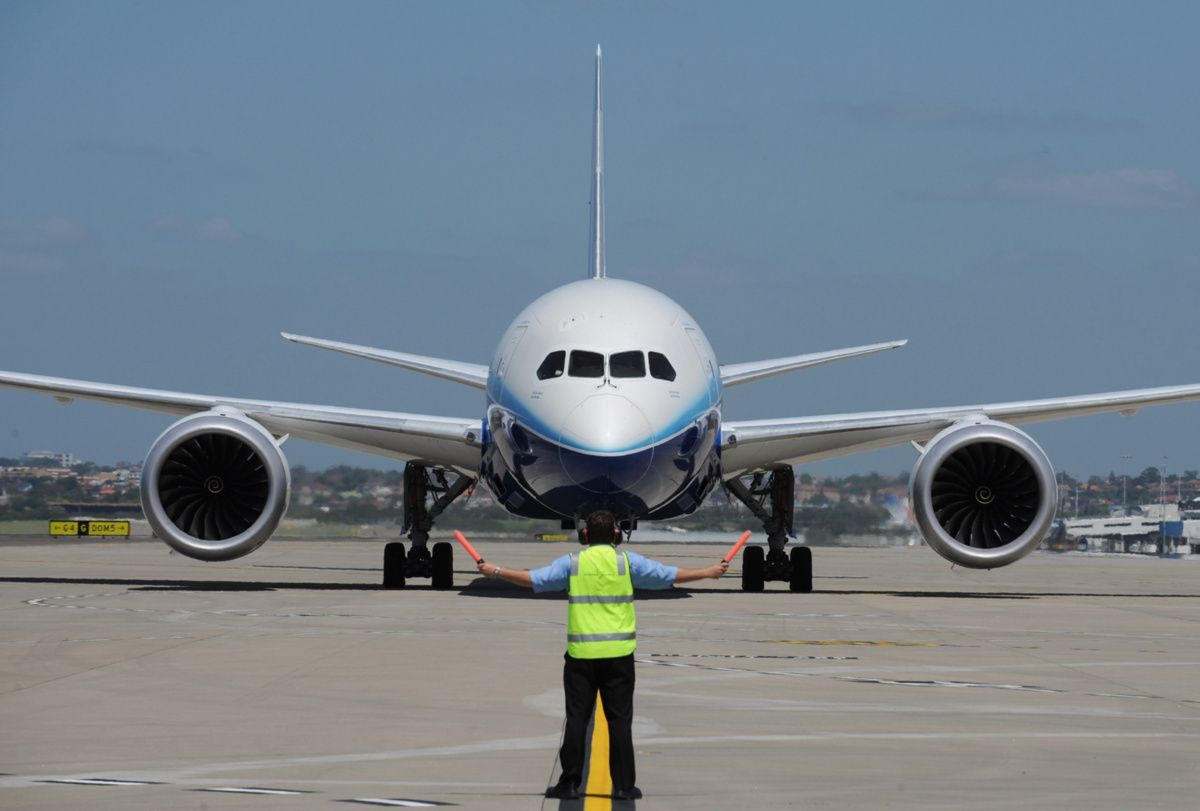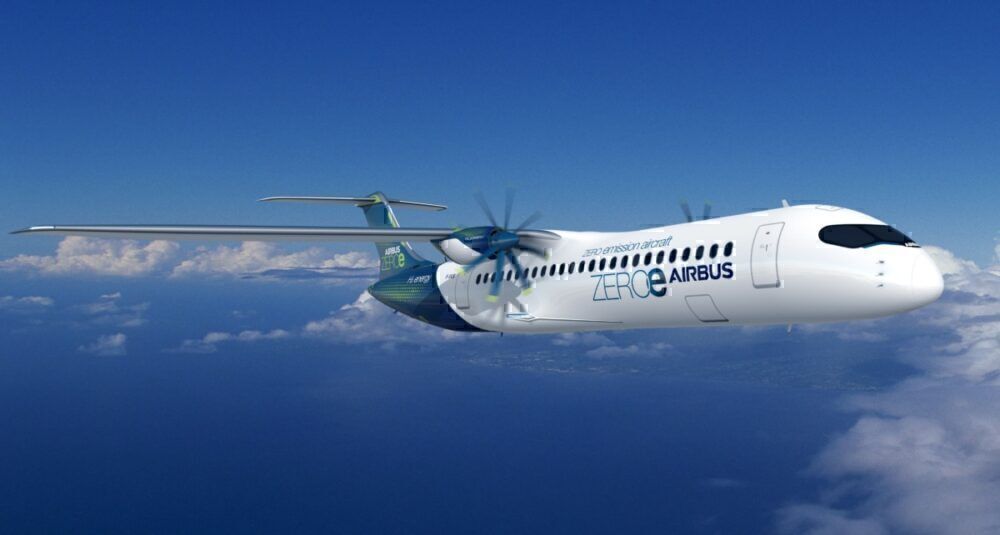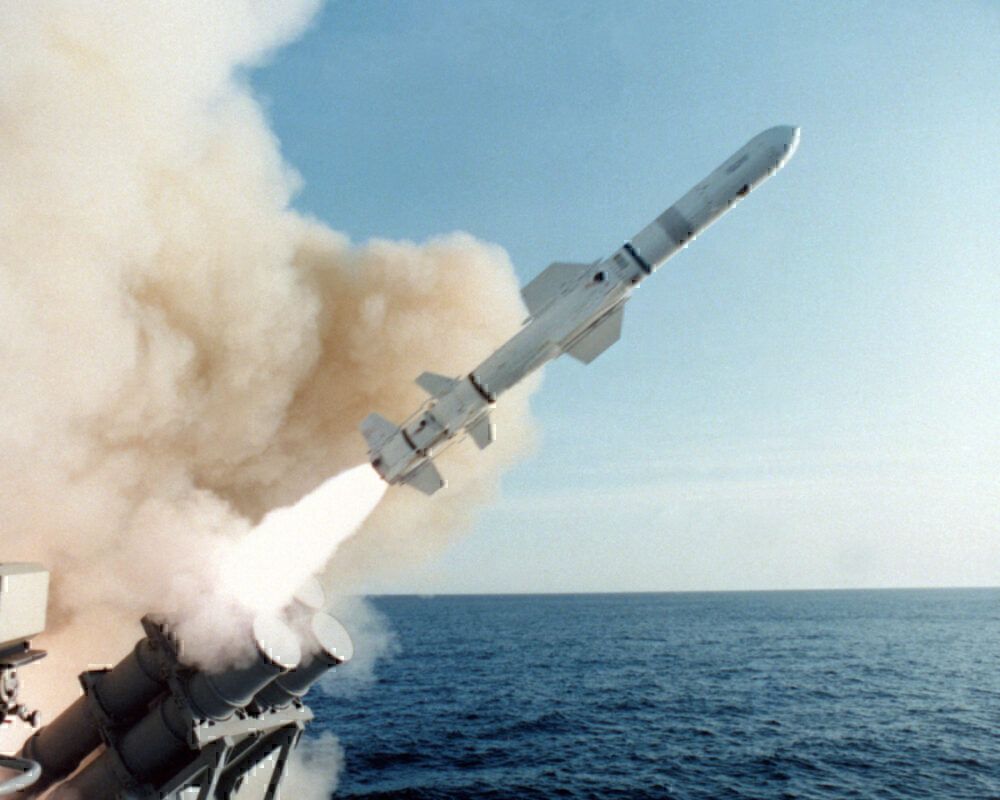Most years, Boeing sells billions of dollars worth of aircraft to European Union nations. On the flip side, Europe's Airbus makes billions sending factory fresh planes over to the United States. The eye-watering amounts involved mean both Boeing and Airbus are the poster kids in an ongoing trade dispute between the United States and the European Union.
A tit for tat dispute involving big business and big sums of money
The United States has long had a beef with Airbus because it receives subsidies from European Union nations in the form of cut-price interest rates on loans from governments. Boeing, through the United States Government, argues it gives Airbus an unfair competitive advantage.
Stay informed: Sign up for our daily aviation news digest.
But Airbus and the European Union counterargue that Boeing is on a sweet ride because of all the NASA and defense projects it works on. They say this government work is a form of subsidy. They go so far as to say it is illegal under world trade rules.
In an aggressive move last year, the United States imposed a 10% tariff on Airbus aircraft. The tariff was worth US$7.5 billion. It's worth noting European Union made aircraft parts used at Alabama's Airbus plant were excluded as were those used by Boeing.
It didn't go down well in either Brussels or Toulouse. They've since been asking for a similar tariff on aircraft and aircraft parts made in the United States. And they've just had a win.
The World Trade Organization said yes to the European Union imposing tariffs worth $4 billion on certain goods coming from the United States. It's in response to what the WTO called "unlawful aid" provided to Boeing by the United States Government.
A trade dispute with real-world ramifications
On one level, this is an arcane trade dispute that's been festering away for years. But it has some very real implications. It will force up the sale price of Airbus aircraft in the United States and Boeing aircraft in the European Union.
It's also going to impact suppliers of aircraft parts, depending on where they are located. As you'd be aware, both Boeing and Airbus now outsource a lot of their aircraft component manufacturing. Down on the factory floor level, it could see people lose jobs and enterprising businesses close up shop.
For the United States-based airlines with big Airbus orders, the decision will have a material impact on their bottom lines at a time when they can least afford it.
The meat in the sandwich
Meanwhile, the United Kingdom finds itself the meat in the sandwich. The United Kingdom has famously ditched the European Union in favor of going it alone. But they are also very busy working on comprehensive trade deals with both the European Union and the United States.
Airbus builds wings in the United Kingdom and employs 14,000 people there. The United Kingdom was named as one of four European Union countries in the original dispute.
It's all a little awkward for the United Kingdom. If the United Kingdom throws its lot in with its old EU buddies (and looks after those 14,000 jobs), they'll upset Washington. But they don't want to do this because they want a good post-Brexit trade deal with the United States.
There's a view that the best short term strategy for the United Kingdom is to delay taking sides until after the United States election in November. That shouldn't be a huge issue, but it doesn't solve the longer-term problem for the United Kingdom in this dispute.
Meanwhile, a trade dispute that impacts directly on aircraft manufacturers at a time when airlines and the airline manufacturers are under acute pressure seems a good way to undermine the industry on both sides of the Atlantic.
What do you think? Who is in the right here? Are we going to see more protectionism across aviation in general? Post a comment and let us know.



